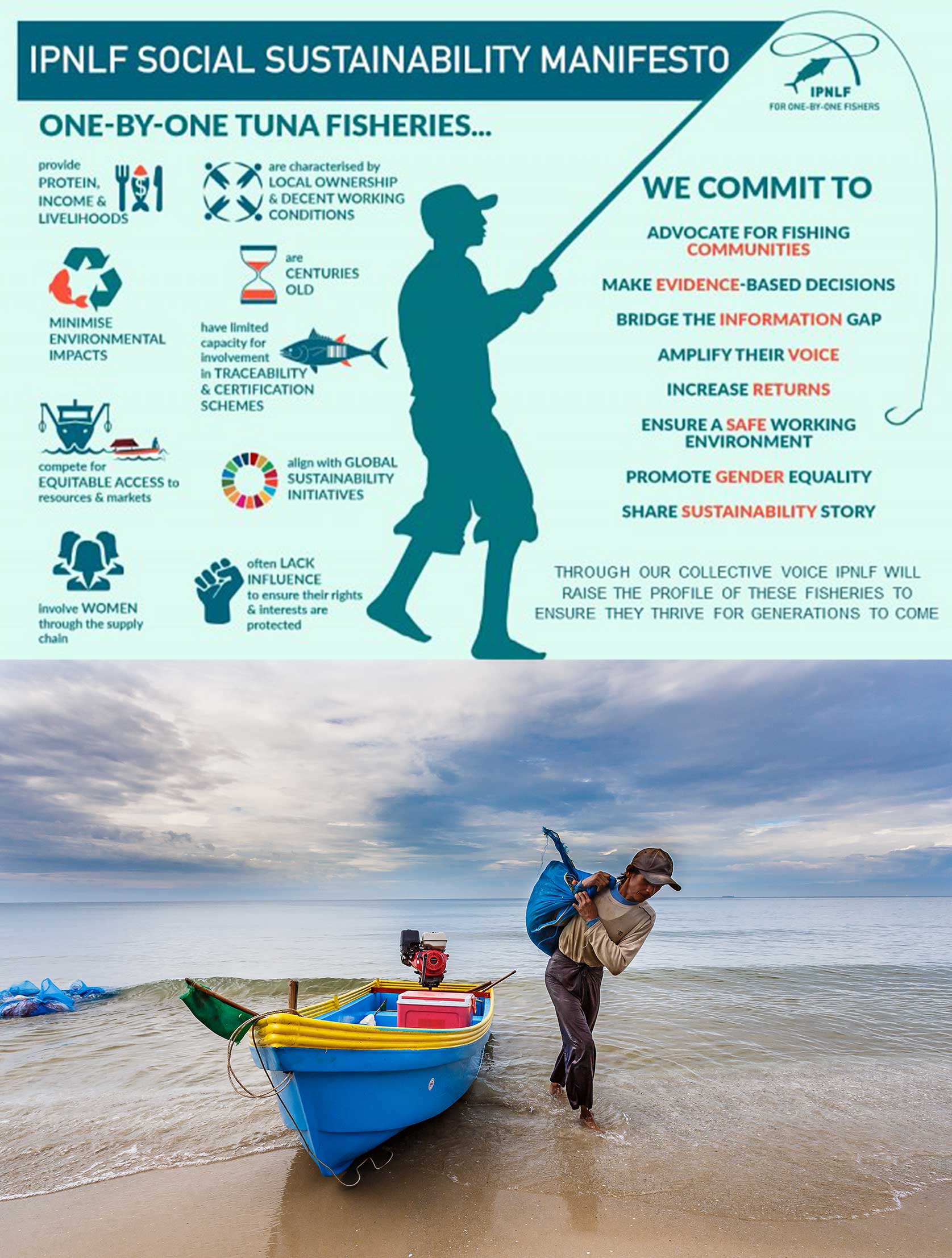A fishery improvement project or FIP, is a multi-stakeholder effort to improve the sustainability of a fishery.
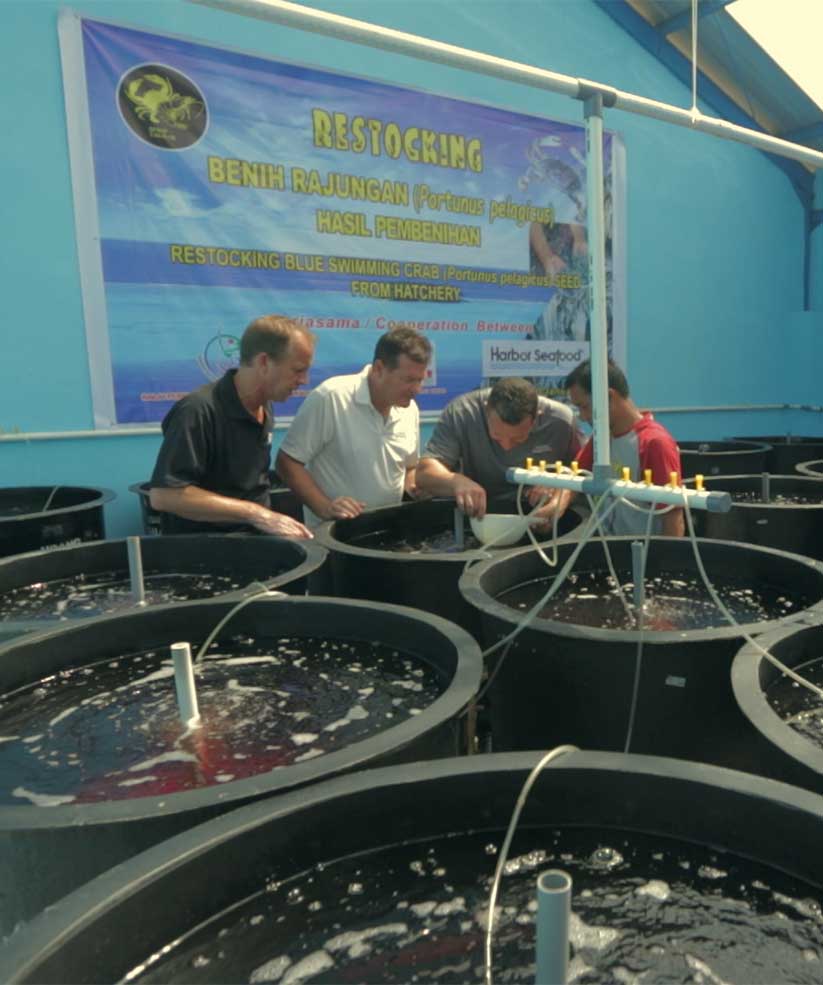
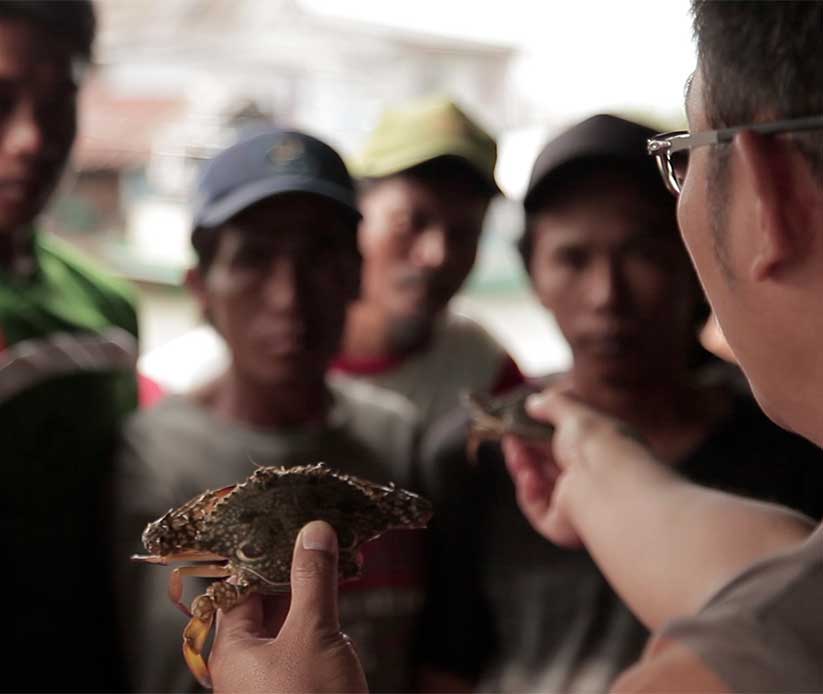

SUSTAINABILITY
FISHERY IMPROVEMENT PROJECTS
The Indonesian Fishery Improvement Project (FIP) covers pole-and-line and handline fisheries targeting both yellowfin and skipjack tuna in the Indian and Pacific Ocean, plus associated archipelagic and territorial waters. Our plants are member of the Indonesia Fishery Improvement Project IPNLF
Our crab plants are members of the following Fishery Improvement Projects
1) Sri Lanka Blue Swimming Crab SLBSC – Seafood Watch Yellow Good Alternative
2) Indonesian Blue Swimming Crab Association APRI
3) Philippines Blue Swimming Crab Association



RESPONSIBILITY
HEALTHY OCEANS ARE VITAL TO A HEALTHY PLANET
DSA believes that healthy oceans are vital to a healthy planet. The future of the communities in which we live, operate and from where we source, depend on us to be responsible. We aim to protect against overfishing, reduce bycatch of vulnerable species, and improve governance at all our source communities.
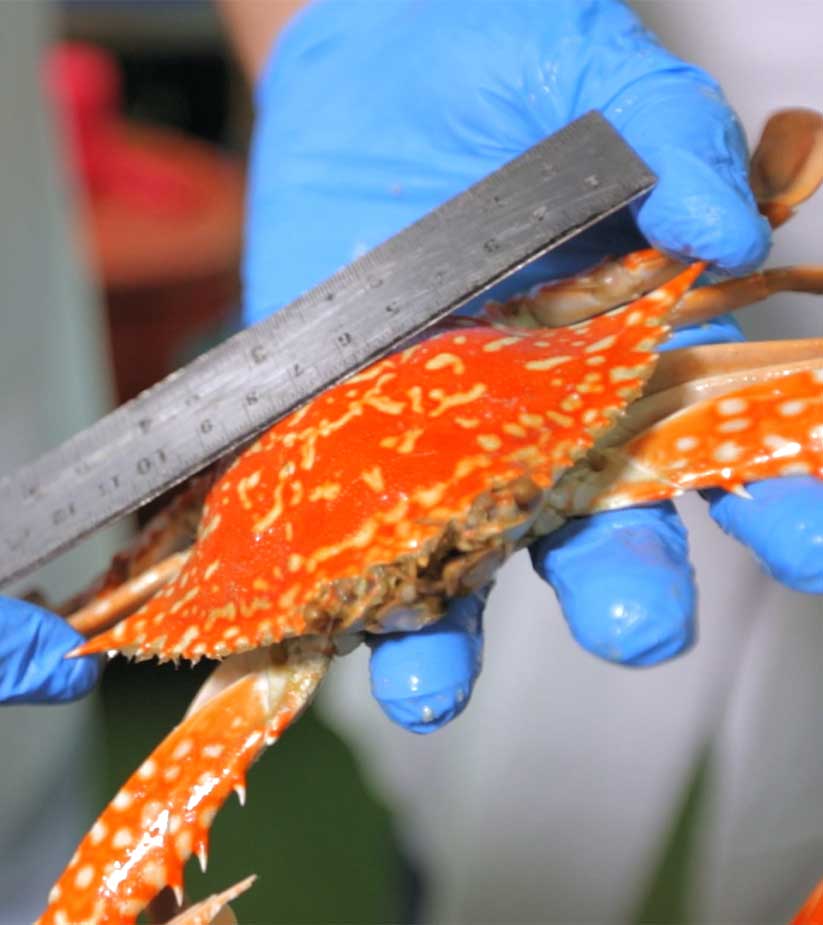

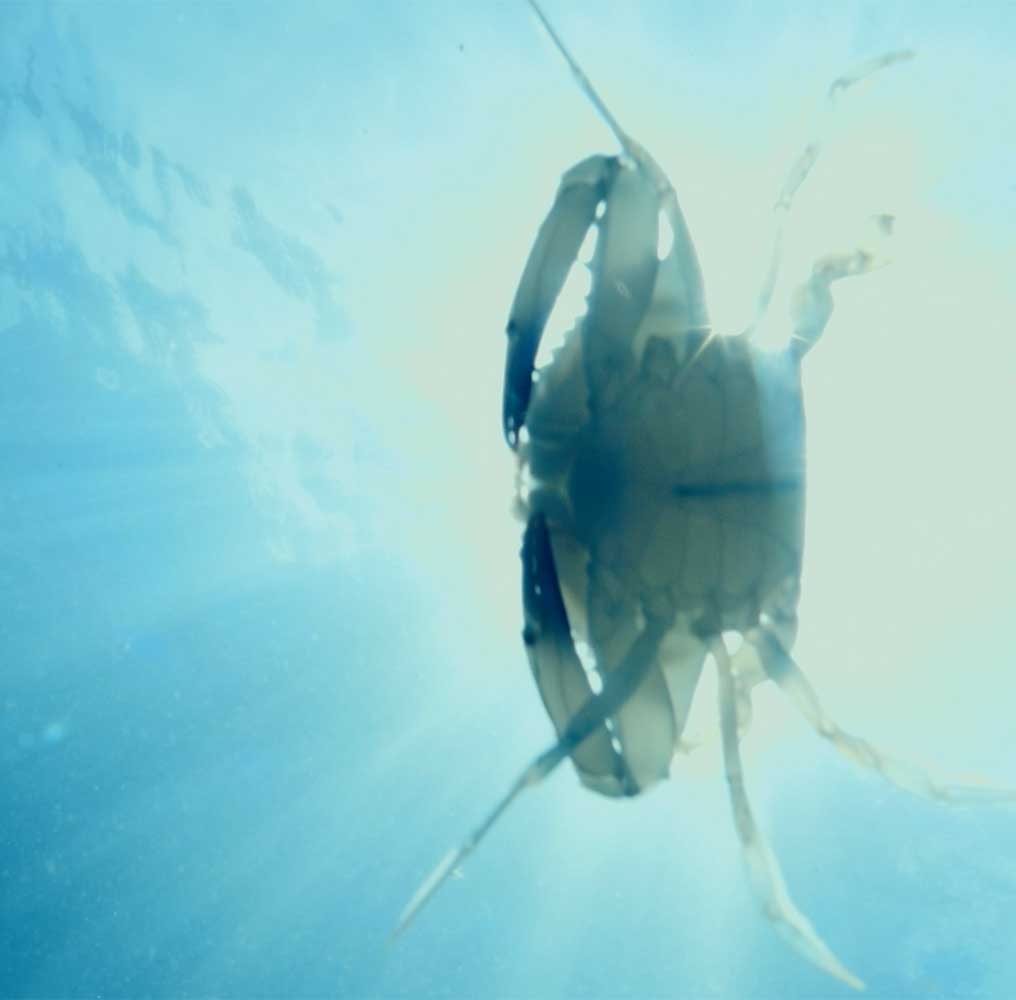





The Indonesian Fishery Improvement Project (FIP) covers pole-and-line and handline fisheries targeting both yellowfin and skipjack tuna in the Indian and Pacific Ocean, plus associated archipelagic and territorial waters. Our plants are member of the Indonesia Fishery Improvement Project IPNLF
DSA & Harbor Seafood
IPNLF MANIFESTO
The IPNLF’s belief that by developing, supporting and promoting one-by-one tuna fisheries in tandem with harnessing the positive influence of the market to increase demand for these products, they will deliver social benefits to coastal communities connected to these tuna fisheries.
We Commit To:
- Sustainability needs to be approached in a holistic manner that acknowledges the environmental, social and economic characteristics of fisheries and particularly the people involved.
- The socio-cultural heritage of one-by-one tuna fisheries must be respected and supported.
- One-by-one tuna fisheries have a valid ownership stake in the resource that should be valued and protected
- One-by-one tuna fisheries deserve to have their position represented and included by decision makers in fisheries management
- One-by-one tuna fisheries have a valid place in the global marketplace and their participation should be encouraged.
N—01
Critical sources of protein, livelihoods, and income.
One-by-one tuna fishing provides critical sources of protein, livelihoods, and income, particularly in developing coastal states.
N—02
Minimize environmental impacts.
One-by-one tuna fishing methods minimize environmental impacts and promote sustainable exploitation of shared marine resources.
N—03
Characterised by local ownership
One-by-one tuna fisheries are characterised by local ownership, fishing closer to shore and for shorter lengths of time, which contribute to securing decent work conditions and lowering the risk of human rights abuses.
N—04
Promote professional equality between men and women.
Promote and encourage active “gender champions” in one-by-one supply chains to secure the economic, social and cultural rights of women and implement specific measures to highlight women’s contribution to the one-by-one tuna industry; raise awareness of gender issues among public and private stakeholders; and promote professional equality between men and women in the seafood industry.
N—05
Social sustainability approach.
Global initiatives like the United Nations Sustainable Development Goals (SDGs) and the FAO Voluntary Guidelines for Small Scale Fisheries emphasise always taking a social sustainability approach to fisheries development.


